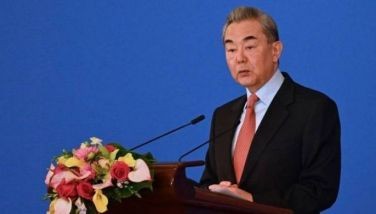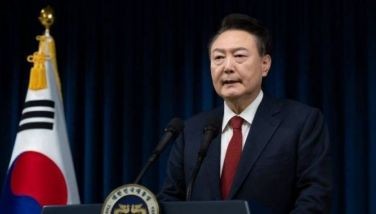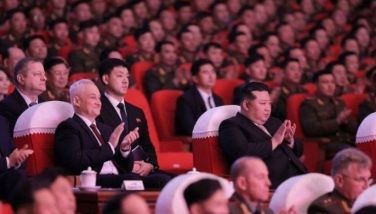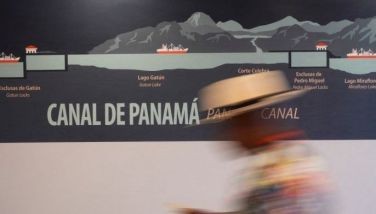UN investigator says possible to find 'enough' proof for Syria prosecutions
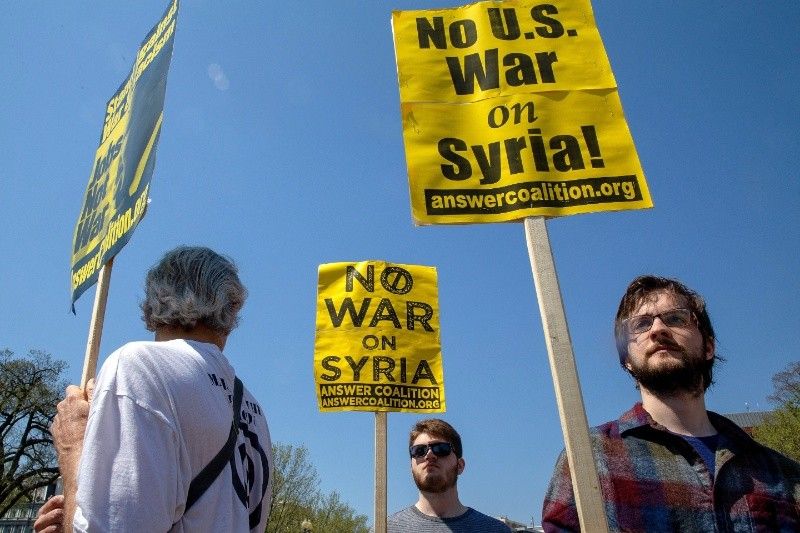
DAMASCUS, Syria — The visiting head of a UN investigative body for Syria said it was possible to find "more than enough" evidence to convict people of crimes against international law, but there was an immediate need to secure and preserve it.
The doors of Syria's prisons were flung open after an Islamist-led rebel alliance ousted longtime ruler Bashar al-Assad this month, more than 13 years after his brutal repression of anti-government protests triggered a war that would kill more than 500,000 people.
With families rushing to former prisons, detention centres and alleged mass graves to find any trace of disappeared relatives, many have expressed concern about safeguarding documents and other evidence.
"We have the possibility here to find more than enough evidence left behind to convict those we should prosecute," said Robert Petit, who heads the International Impartial and Independent Mechanism (IIIM) set up by the UN in 2016 to prepare prosecutions for major international crimes in Syria.
But he noted that preserving evidence would "need a lot of coordination between all the different actors".
The organisation, known as the Mechanism, was not permitted to work in Syria under Assad's government but was able to document many crimes from abroad.
Since Assad's fall, Petit has been able to visit the country but his team still require authorisation to begin their work inside Syria, which they have requested.
He said his team had "documented hundreds of detention centres... Every security centre, every military base, every prison had their own either detention or mass graves attached to it".
"We're just now beginning to scratch that surface and I think it's going to be a long time before we know the full extent of it," he told AFP.
According to the Syrian Observatory for Human Rights monitor, more than 100,000 people died in Syria's jails and detention centres from 2011.
Petit said his team had reached out to the new authorities "to get permission to come here and start discussing a framework by which we can conduct our mandate".
"We had a productive meeting and we've asked formally now, according to their instructions, to be able to come back and start the work. So we're waiting for that response," he said.
- Latest
- Trending














